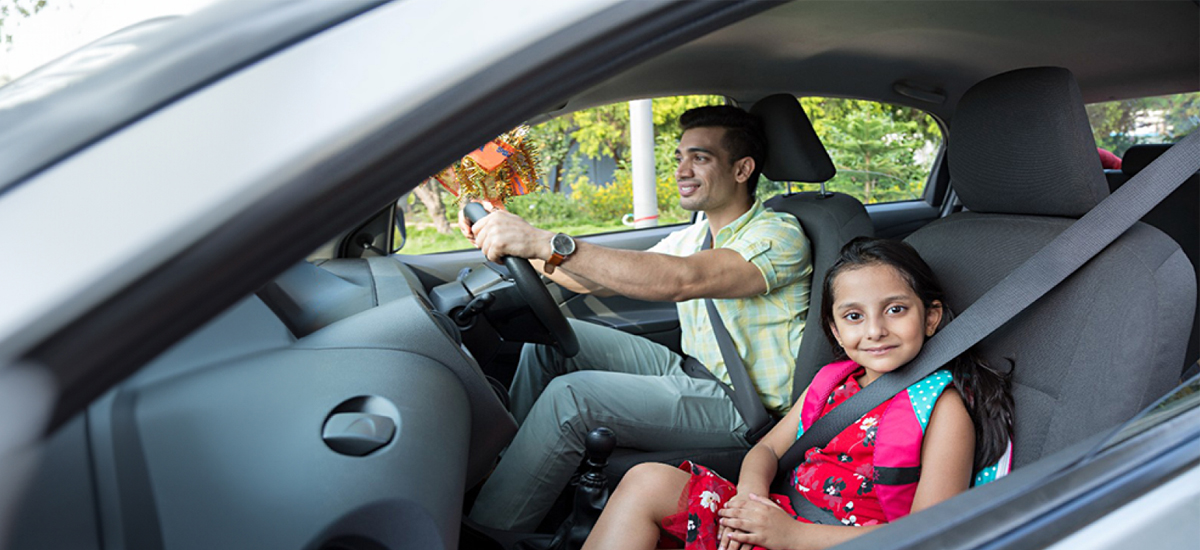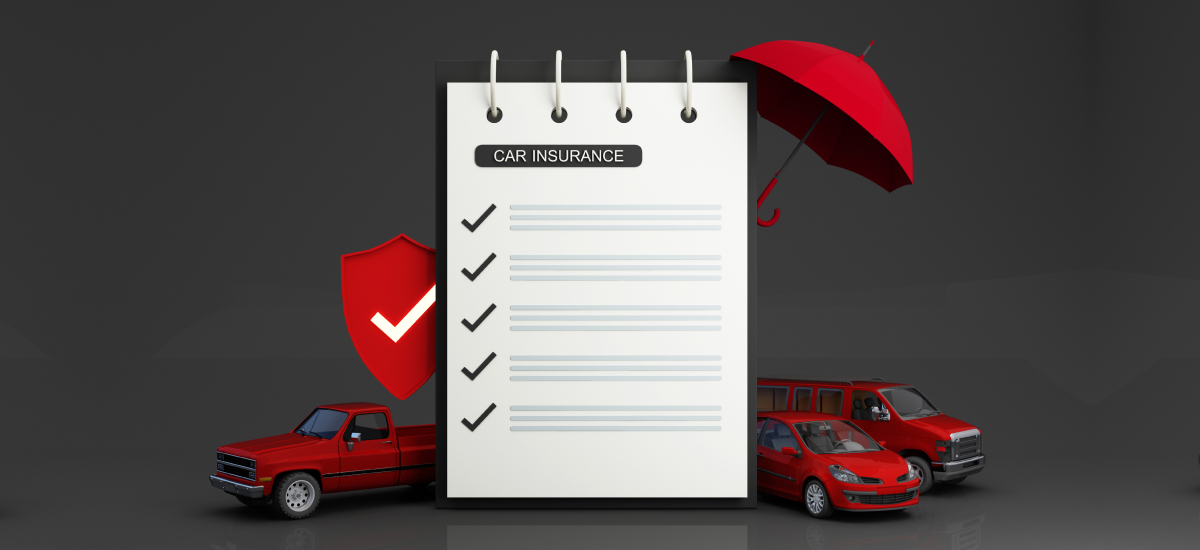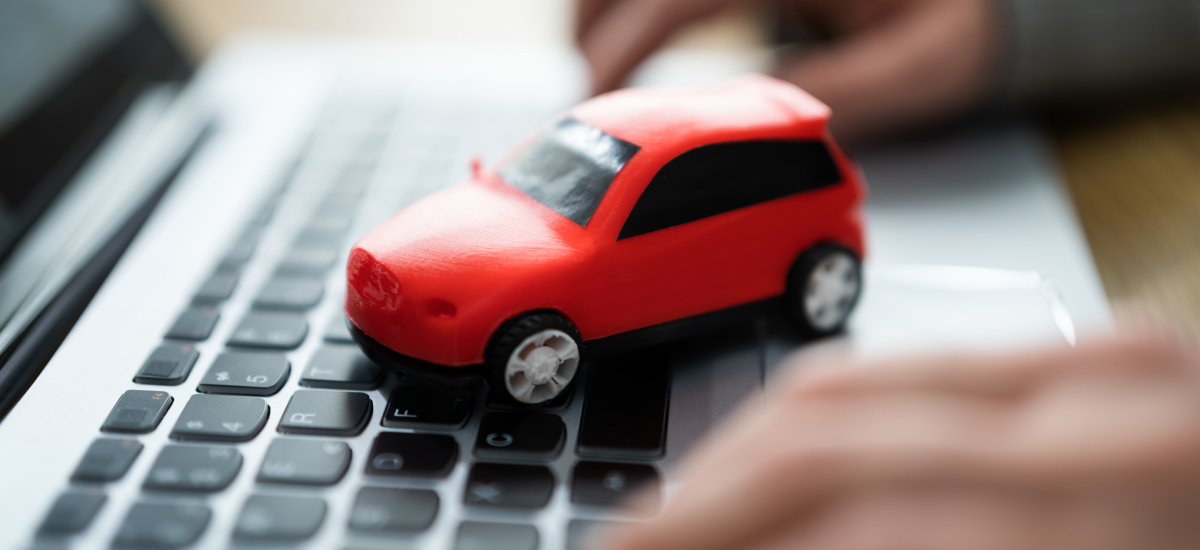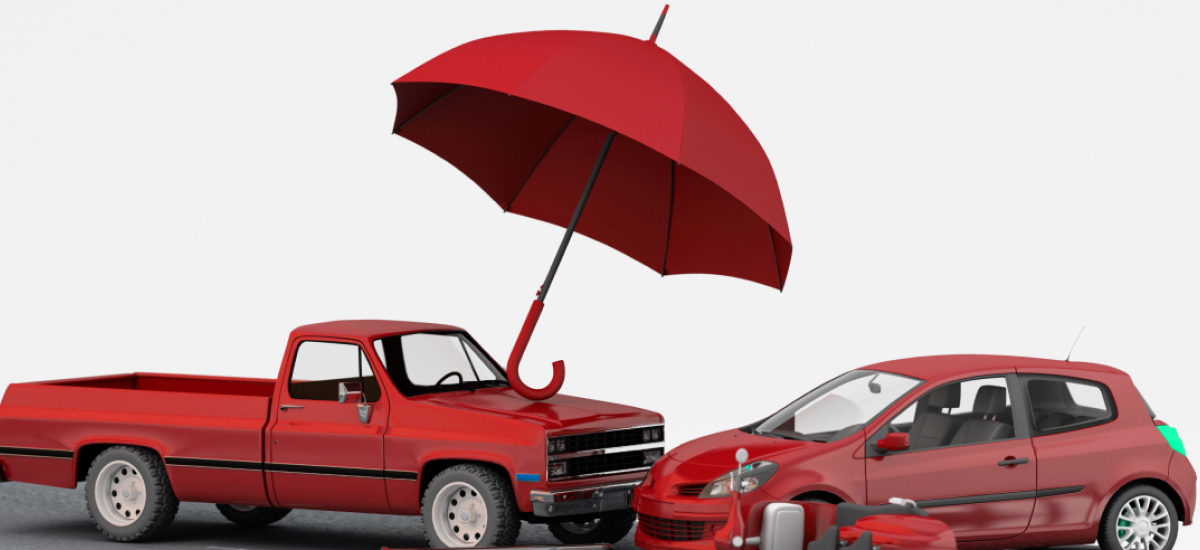As a car owner, one of your top priorities is likely getting the most out of every litre of fuel. With rising fuel prices and environmental concerns, maximising your car's mileage has never been more important. However, many drivers are unaware of the simple steps they can take to improve their vehicle's fuel efficiency. In this article, explore how to increase car mileage, helping you save money on fuel and reduce your environmental impact. Whether you are a new driver or a seasoned car owner, these tips from our car insurance experts will help you get the most out of every journey.
Understanding car mileage
Before we dive into the strategies to improve car mileage, let's first understand what car mileage means and how it is measured. Car mileage refers to the distance your vehicle can travel on a given amount of fuel. In other words, it is a measure of your car's fuel efficiency. There are two common units used to express car mileage:
Kilometres Per Litre (kmpl)
In India, car mileage is most commonly expressed in kilometres per litre (kmpl). This unit tells you how many kilometres your car can travel on one litre of fuel. For example, if your car has a mileage of 15 kmpl, it means that it can cover a distance of 15 kilometres using one litre of fuel.
Litres Per 100 Kilometres (L/100km)
Another unit used to express car mileage, particularly by foreign manufacturers, is litres per 100 kilometres (L/100km). This unit tells you how many litres of fuel your car consumes to travel 100 kilometres. A lower number indicates better fuel efficiency. For instance, if your car consumes 5 litres of fuel to travel 100 kilometres, it has a mileage of 5 L/100km.
Factors that influence car mileage
Several factors can impact your car's mileage, some of which are within your control, while others are not. Understanding these factors can help you make informed decisions to optimise your vehicle's fuel efficiency. Some of the key factors include:
1. Driving habits: Your driving style can significantly affect your car's mileage. Aggressive acceleration, sudden braking, and speeding can all lead to increased fuel consumption.
2. Vehicle maintenance: A well-maintained car tends to have better fuel efficiency than a poorly maintained one. Regular servicing, including oil changes, air filter replacements, and proper tyre inflation, can help optimise your car's performance and mileage.
3. Traffic conditions: Driving in heavy traffic can lead to frequent stops and idling, which wastes fuel. According to the Indian government, a car consumes 0.15 to 0.2 litres of fuel per minute while idling.
4. Road conditions: Rough or poorly maintained roads can force you to slow down and accelerate more frequently, reducing your car's fuel efficiency.
5. Vehicle weight: Heavier cars, such as SUVs, generally have lower mileage compared to lighter, more compact vehicles.
6. Engine size: Larger engines found in high-performance vehicles tend to consume more fuel, resulting in lower mileage.
7. Fuel quality: Using high-quality fuel can help optimise your engine's performance and improve mileage, while low-quality fuel can lead to reduced efficiency and increased engine wear.
How to increase car mileage?
Now that we understand the factors that influence car mileage, let's explore how to improve car mileage and save on fuel costs:
1. Maintain optimal tyre pressure: Ensure your tyres are inflated to the manufacturer-recommended pressure, which can usually be found on the driver's door jamb. Under-inflated tyres increase rolling resistance, while over-inflated tyres reduce grip, both of which can negatively impact fuel efficiency.
2. Schedule regular engine maintenance: Follow the recommended maintenance schedule in your car's owner's manual. This includes changing the engine oil, transmission oil, air filters, and spark plugs as needed. Old or dirty oil and filters can increase engine friction and reduce airflow, hindering performance and mileage.
3. Use the air conditioner wisely: Running the AC can decrease mileage by up to 30%, especially on short trips. For shorter journeys, consider rolling down the windows for ventilation. When using the AC, set it to a moderate temperature and use a higher blower speed instead of the lowest temperature setting.
4. Accelerate gradually: Avoid aggressive acceleration and aim to reach your car's most efficient speed range smoothly. Maintain a consistent speed whenever possible, as sudden acceleration and hard braking waste fuel.
5. Shift gears efficiently: In manual cars, upshift as soon as the car reaches the appropriate speed. For automatic vehicles, allow the car to shift to higher gears without unnecessary revving.
6. Plan your trips: Use navigation tools to plan routes with fewer traffic signals, stops, and congestion. Avoid rush hours when possible to minimise idling and stop-and-go traffic.
7. Reduce unnecessary weight: Remove heavy items from your car's boot when not needed, as every 45 kg of added weight can reduce fuel efficiency by up to 2%.
8. Use the correct engine oil: Follow the manufacturer's recommendations for engine oil grade to ensure optimal performance and mileage.
9. Utilise eco-drive modes: If your car has an ECON mode, use it to optimise climate control, throttle mapping, and engine mapping for better mileage, even if it slightly reduces performance.
10. Keep the fuel tank at least half full: Maintaining a fuel level above the half-tank mark reduces the engine's workload and improves efficiency. Avoid letting the tank drop below a quarter full.
How to determine the mileage of a car?
To calculate your car's mileage, follow these steps:
1. Fill up the fuel tank completely and note the number of litres added.
2. Record the odometer reading at the time of the fill-up.
3. Drive your car as you normally would, maintaining a consistent driving style.
4. When the tank is nearly empty, refill it and note the odometer reading again.
5. Use the following formula to calculate your car's mileage:
Mileage = (Second odometer reading - First odometer reading) ÷ Number of litres of fuel used
6. Regularly check your mileage to monitor your car's performance and identify factors that may be affecting its fuel efficiency.
Final thoughts
Improving your car's mileage is a combination of adopting good driving habits, maintaining your vehicle regularly, planning your routes, and using the right fuel. While external factors like traffic and weather conditions may not always be within your control, incorporating these strategies into your daily driving routine can lead to significant fuel savings over time. By taking steps to increase car mileage, you not only save money on fuel costs but also contribute to reducing your environmental impact. Remember, even small changes in your driving habits can make a big difference in the long run.
For more expert advice on maximising your car's performance and protecting your investment, consider exploring comprehensive Generali Central car insurance options tailored to your needs.
FAQs
Q: What is the difference between kmpl and L/100km?
A: Kmpl measures the distance travelled per litre of fuel, while L/100km measures the fuel consumed per 100 kilometres travelled.
Q: How often should I check my car's tyre pressure?
A: It is recommended to check your tyre pressure at least once a month and before long trips.
Q: Can using the wrong engine oil affect my car's mileage?
A: Yes, using the incorrect engine oil grade can lead to increased friction and reduced fuel efficiency.
Q: How can I reduce the impact of traffic on my car's mileage?
A: Plan your trips to avoid peak traffic hours and use navigation tools to find routes with fewer stops and less congestion.
Q: Does the quality of fuel affect my car's mileage?
A: Yes, using high-quality fuel can help optimise engine performance and improve mileage, while low-quality fuel can reduce efficiency and increase engine wear.























